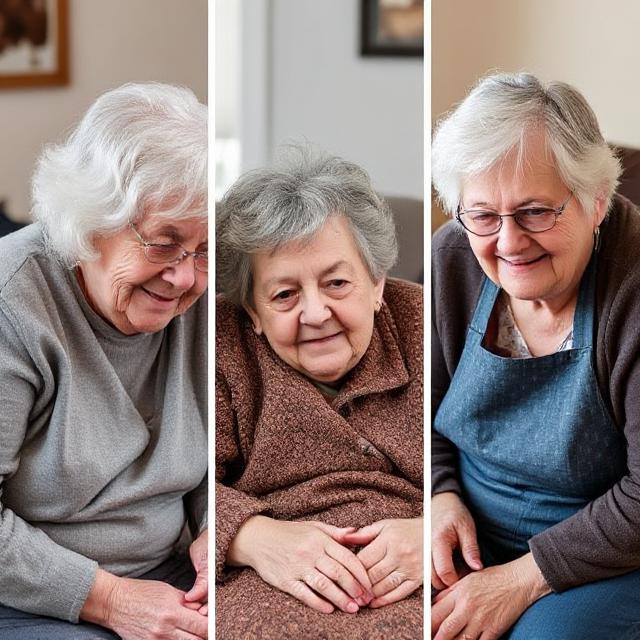Beyond the blueprint: What a counsellor sees when supporting parents and carers.
In the world of parenting, we are often presented with a polished blueprint for success. Social media overflows with images of flawless family life, and parenting books promise step-by-step instructions for raising well-adjusted children. But in my counselling room, the reality is far more textured and complex.
As a counsellor, the reality seen goes beyond the curated facade. The profound stress, quiet exhaustion, and immense responsibility that often go unacknowledged can be observed. Deep love and commitment fuel late nights and early mornings, but self-doubt and guilt can arise when things don’t go as planned.
This isn’t solely about managing a child’s behaviour or developmental needs. It’s about the emotional landscape of the person providing care.

Unpacking the Weight of Perfection
Many parents seek help while carrying the burden of perfectionism. They believe in the need to be the ‘perfect’ parent, leading to feelings of inadequacy and shame when they fall short. The role of a counsellor is to help dismantle this impossible standard and embrace being a “good enough” parent.
Exploring where these expectations originated from is helpful. Are they inherited from upbringing? Are they a result of societal pressures? Together, reframing the perspective, celebrating the small victories, and accepting that imperfection is not failure but a normal part of being human can be achieved.
The Silent Sacrifice
Caring for another person, whether a child with special needs or an elderly relative, often involves personal sacrifice. Hobbies, friendships, and one’s own health can be affected. While this selflessness is admirable, it can lead to burnout.
Counselling provides an opportunity for carers to focus on their own needs without guilt. It allows them to grieve the loss of their former life, process feelings of resentment, and rediscover their sense of self. Working on creating small, realistic moments for self-care—recognising this as a necessity for their well-being and the well-being of the person they care for—is a key part of the process.

The Relationship Under Strain
The stresses of parenting and caring can strain relationships with partners, other children, and the broader family. Sleep deprivation, financial worries, and differing views on parenting can lead to increased conflict and emotional distance.
Often, couples work together to navigate these difficult situations, improving communication and teamwork. The goal is not to eliminate all disagreements but to manage them constructively, ensuring that the needs of the relationship are not overshadowed by caring responsibilities.
The Therapeutic space: An Anchor in the Storm
Ultimately, the counselling room offers an anchor. It’s a space where a parent or carer can be truly seen and heard without judgment. It’s a place to:
- Voice the un-voiceable: Share fears, frustrations, and anxieties that they feel they can’t express anywhere else.
- Process the emotions: Work through difficult feelings like grief, anger, and sadness in a safe and supportive environment.
- Build resilience: Develop new coping strategies, communication skills, and a healthier perspective.
For many, taking 50 minutes each week to focus on themselves can be transformative. This sends a powerful message: “My needs matter too.” And when a parent or carer is supported, the entire family benefits, creating a ripple effect of healing and well-being.
If you are a parent or carer feeling overwhelmed, reaching out is a sign of strength, not weakness. There is no perfect blueprint, only the courage to seek support on your unique journey.
It’s a privilege to work with parents and carers. A counsellor’s role is not to provide a definitive answer or a universal roadmap but rather to offer a safe space for individuals to explore their unique challenges, strengths, and fears. It’s about empowering people to navigate the complexities of their situations with greater resilience and self-compassion.
Some other interesting links you may find useful:
https://www.gingerbread.org.uk/find-information/family-life/your-wellbeing
https://www.betterup.com/blog/parenting-skills
We encourage all ISPC members to consider contributing to ISPC News and sharing their unique perspectives and insights. Your contributions help build a valuable resource for the therapy and counselling community.
And lastly, we appreciate those that have already come forward with their ideas and writings, we are uploading these blogs over the next few weeks and months.
Kindest Regards
ISPC Team









